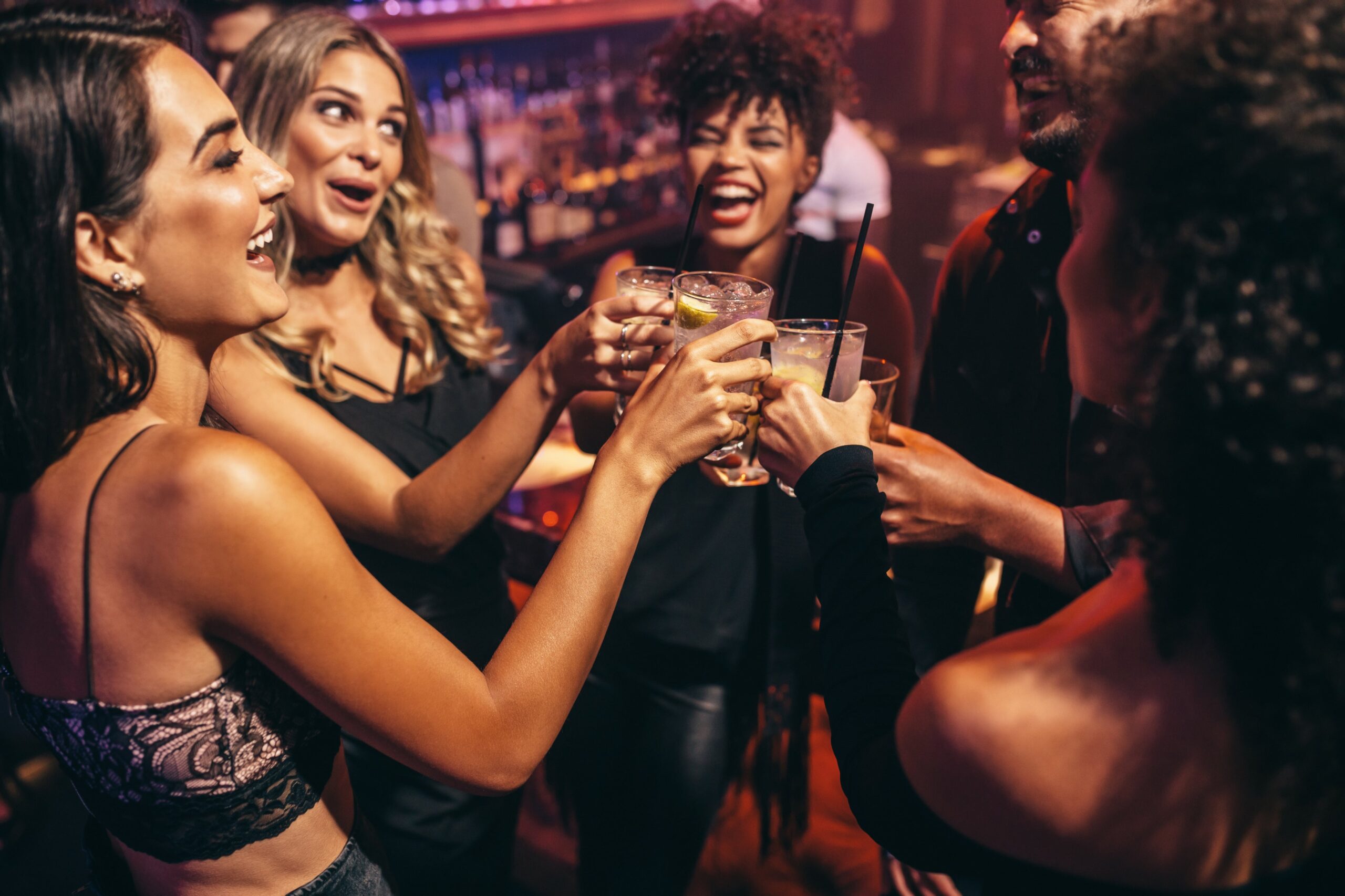Many Britons need a bit of “dutch courage” to feel confident enough to get on the dancefloor, a survey has revealed.
Nearly one in three people in the UK say they need an alcoholic drink to start dancing – rising to nearly two in five among those aged 18 to 24.
However, older people have less shame, with fewer than one in five over-55s admitting to needing a drink before they dance, a survey by Breast Cancer UK revealed.
More than a quarter of people surveyed said they rely on alcohol for confidence when meeting new people, suggesting people not only use alcohol for pleasure but also for psychological protection.
The survey revealed 16 per cent of people use alcohol as an “icebreaker” and that they drink to mask shyness.

This is particularly prevalent in young people, with 39 per cent of 18- to 24-year-olds saying they needed a drink in social situations and to meet new people, in comparison to just 16 per cent of over-55s.
While a quarter of adults said they would rarely choose to drink alone, many do find themselves under pressure to drink in social situations.
The biggest offenders were shown to be nights out at clubs and bars, Christmas events, birthday gatherings and special occasions, with many saying it is considered polite to drink at a party. One in 11 Britons said they feel rude saying no to a drink they don’t even want.
Despite a shift towards sober curiosity in the younger generation, Generation Z are also susceptible to peer pressure, with a quarter confessing they felt embarrassed about refusing to drink and more than a third fearing they would be called “boring” if they stayed sober.
Pretending to hold an alcoholic drink to avoid awkward questions and lying about the reasons for abstaining were actions admitted by more than one in ten respondents.

However, this peer pressure could be impacting efforts to make healthier choices, and Breast Cancer UK said that 8 per cent of breast cancer cases are linked to alcohol consumption.
Dr Hannah Moody, director of research and engagement at the charity, said: “Studies show that alcohol increases our breast cancer risk and can increase levels of circulating hormones, including oestrogen. The more we drink, the more this risk increases. But despite the serious health implications, our survey has shown that peer pressure may be stopping some of us from taking preventative action.”
The estimated lifetime risk of being diagnosed with breast cancer is one in seven (14 per cent), but those who consume up to two units a day will see their relative risk increase by 9 per cent.
Drinking raises the lifetime risk to 15.5 per cent, and those who drink six or more units a day – the equivalent to two large glasses of wine – face a 60 per cent higher risk, which would raise the lifetime odds to about 22 per cent.
But Breast Cancer UK believes the responsibility of drinking less should not be left to the individual and has joined forces with the World Cancer Research Fund to demand reforms. The charity wants to see mandatory health warnings on bottles, stricter marketing restrictions and minimum pricing.
But a spokesperson for the Portman Group, a drinks industry-funded body that oversees alcohol labelling in the UK, previously said: “Whilst we do not dispute the link between alcohol and certain cancers, and that drinking at harmful levels is dangerous and increases risks, blanket cancer warning labels are not a proportionate policy measure and do not put the risks into an appropriate context.
“This can create unnecessary anxiety, eroding trust in health advice and alienating the very people who require support.”
They added that most drinks already include the advice from the UK’s chief medical officers to drink no more than 14 units of alcohol per week.
